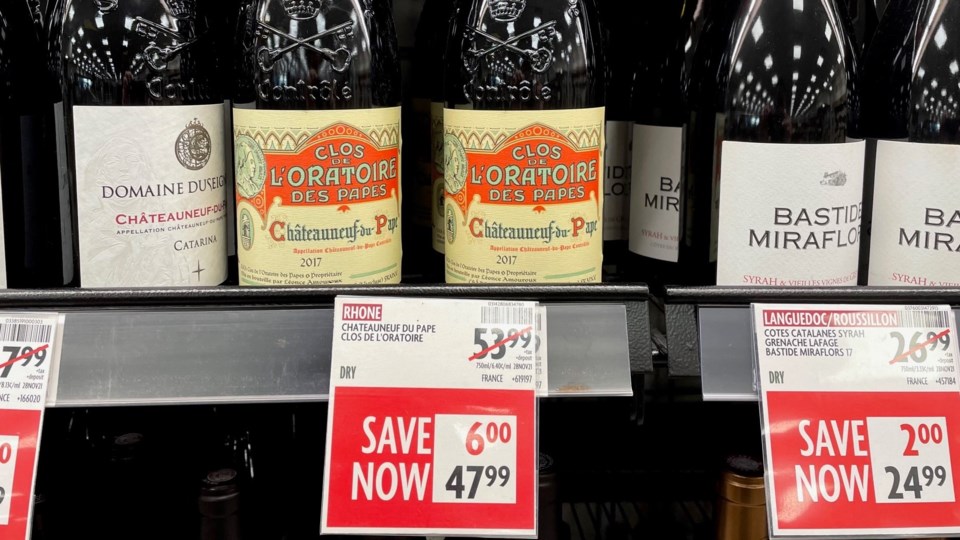Recently, one of my viewers asked me to explain the term “austere” in relation to wine. I often think that people who enjoy wine throw out terms like this when we can’t think of words to describe what we are sensing in wine, and we are hoping that if we use an obscure term, no one will ask us to explain it. Well, let’s see if I can explain this one.
Austere, by definition, means severe or strict in manner, attitude, or appearance. I sometimes use this as a descriptor for red wines. Austere is not a specific taste or aroma but a feeling you get when you drink wine. It means that the wine is not open or expressing its fruit flavours freely. It also means that the wine is tannic and does not give you much in terms of aromas or tastes. This can be contrasted with wines that make you feel very comfortable or are easily acceptable.
Ultimately, when you are describing a wine, you want to share your experience in a manner that other people can understand. So if you are describing a movie to someone, you could talk about the cinematography or the acting or your general sense of how you enjoyed the movie. Likewise, with wine, you can describe the actual flavours and aromas you smell or taste, or you can describe the feeling the wine gives you. For some people, it is easier to describe or understand feelings rather than specific tastes. Many people may not know what quince or blackberries smell or taste like. Personally, I have real difficulty picking up leather aromas in wines (I have even tried to sniff leather jackets to improve my knowledge). But it may be easier for some people to understand you if you describe a wine as smooth or vibrant.
It is important to note that descriptors by themselves are not positive or negative. Some people may like smooth or delicate wines, while others prefer bold or aggressive wines. Again, the point of these descriptors is to give other people a sense of the wine so they can make a better decision as to whether it is a wine that they would like.
I am often asked by beginner wine drinkers what terms they should use to describe wines. The nice thing about wine appreciation is that there is no right or wrong way to describe a wine. I find many beginners are shy about using too many words to describe their wine experience, but actually, the opposite is true. You should use as many words and in as many contexts as possible to describe your wine experience because the chances are, eventually one of your experiences will connect with others and they will know exactly what you mean. One thing I discourage beginner wine drinkers from doing is using very generic words like “nice” or “good”, as that is really is hard for anyone to understand.
So get out and start drinking wines and describe them in as many words or contexts as possible!
Here is a wine you can try: Clos De L’Oratoire Des Papes 2017 Chateauneuf du Pape – big, juicy wine that is bold. It feels like a grizzly bear of a wine. It has dark fruit and is great with food. It is not subtle at all and is definitely not austere. It’s on sale this month, reduced from $53.99 to 47.99. Try it and see if my descriptors are accurate. Until next time, happy drinking!
Tony Kwan is a lifestyle writer. Lawyer by day, food and wine lover by night, Tony aims to give you an insider’s guide to the best that life has to offer.



